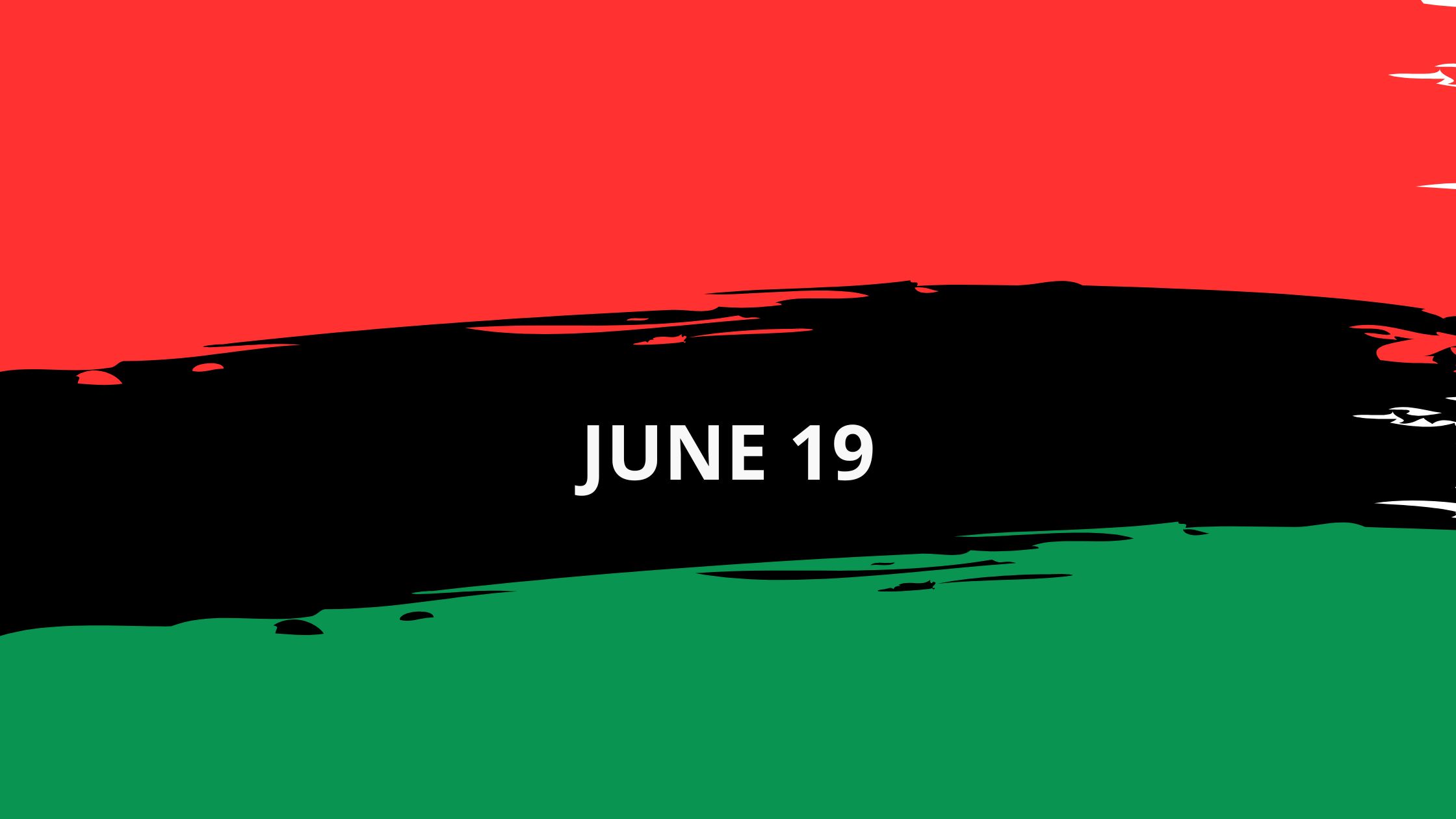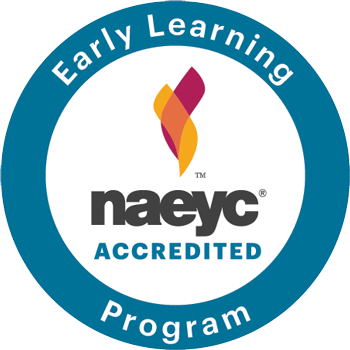The Emancipation Proclamation was signed and put into effect in 1863. However, it was not fully implemented across the nation, especially in those areas that remained under Confederate control, until much later. As a result, enslaved people residing in the State of Texas would not be freed until June 19, 1865. On this date, approximately 2,000 Union troops arrived in Galveston Bay, Texas and announced that the more than 250,000 enslaved black people in the state were free by executive decree. This day came to be known as “Juneteenth” by the newly freed people. Juneteenth marks our country’s second Independence Day and has been long celebrated in the African American community. However, not until recently has this monumental event become known and celebrated nationally.
The historical legacy of Juneteenth shows the value of never giving up or losing hope during challenging or “tough” times. Hope is an essential part of good mental health and vital to one’s perseverance during trying times. As stated by researcher Niv Halevy, “Hope is a future-oriented, positive emotion that often emerges in challenging and difficult circumstances.” Furthermore, research has shown that hope or hopefulness enhances coping and improves the quality of life in people with chronic or incurable illnesses.
Thus, the observance of Juneteenth can foster healing, promote hope, and contribute to the overall well-being of individuals and communities by:
Honoring Collective Trauma: Juneteenth represents more than just the ending of slavery. It symbolizes the triumph over oppression and the celebration of freedom. However, the legacy of slavery and systemic racism continues to impact the mental health of Black individuals and communities today. Acknowledging and discussing this collective trauma during Juneteenth allows for a healing space where people can reflect on their history, share experiences, and work towards resilience.
Validation and Empowerment: For many Black individuals, Juneteenth serves as a validation of their lived experiences. Recognizing the struggles endured by previous generations validates the challenges faced today. This validation can contribute to a sense of empowerment, resilience, and increased self-worth, which are vital aspects of mental well-being.
Cultural Identity and Pride: Juneteenth highlights the rich cultural heritage of African Americans, emphasizing the importance of cultural identity and pride. Celebrating this day fosters a positive sense of self, strengthens connections within the community, and boosts overall mental health. By embracing cultural traditions, stories, and achievements, individuals can enhance their self-esteem, develop a sense of belonging, and find strength in their identity.
Healing and Emotional Well-being: Engaging in Juneteenth activities such as community gatherings, educational events, and artistic expressions can provide healing and emotional well-being spaces. Through shared experiences and conversations, individuals can process emotions, find support, and build resilience. These activities can also serve as platforms for storytelling, art therapy, and communal catharsis, offering outlets for expressing emotions, healing generational wounds, and fostering mental wellness.
Education and Awareness: Juneteenth is an opportunity to educate oneself and others about African Americans’ history, achievements, and contributions. Education and awareness are crucial for dismantling systemic racism and promoting mental health equity. By learning about the struggles and triumphs of the past, individuals can gain a deeper understanding of the social determinants that influence mental health disparities and become advocates for change.
Juneteenth is a celebration of freedom and a day that holds significant relevance to mental health and well-being. By honoring the historical significance of this day, individuals and communities can engage in healing, validation, empowerment, and cultural pride. Juneteenth serves as a reminder of the resilience of the Black community while fostering education, awareness, and collective action toward promoting mental health equity. Let us embrace Juneteenth as a time for reflection, growth, and unity as we continue the journey toward healing and social justice.
As we commemorate and rejoice in Juneteenth, paying tribute to those who paved the way before us, Children’s Place Association remains steadfast in our commitment to advancing the well-being of our children and families, bringing us closer to a future of equity.
We are wishing you a joyful Juneteenth from our family to yours.





